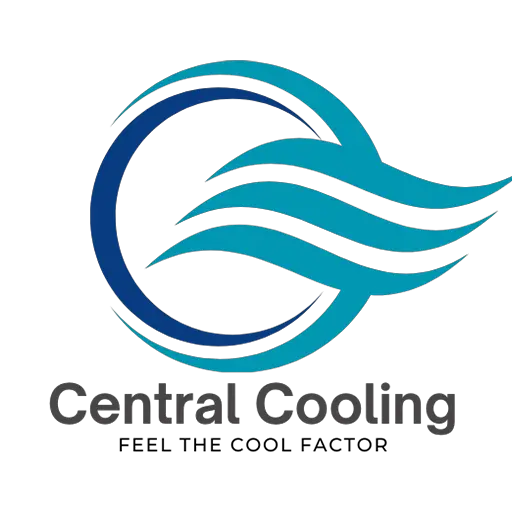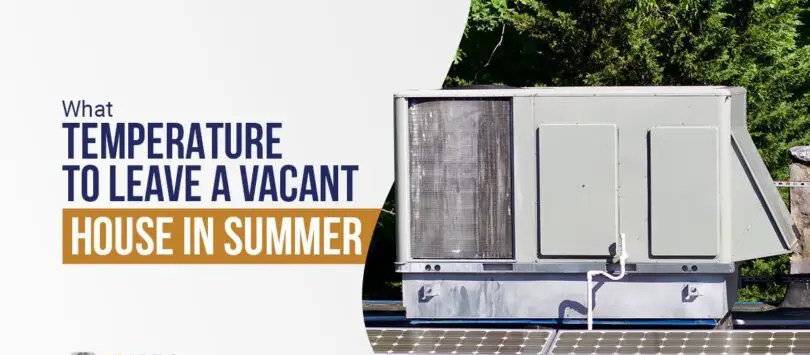Introduction:
Homeowners often grapple with the question of what temperature to leave vacant their HVAC systems at when away from home, be it for vacation or work. This concern becomes particularly relevant during extended periods of absence, especially in the summer months. While it is essential to have proper ventilation and cooling systems in place, maintaining a specific temperature when the property is vacant may not be necessary. The question is what temperature to leave vacant house in summer.
Determining the appropriate temperature setting for your home during periods of absence is crucial to avoid issues like mold growth and structural damage due to moisture accumulation. Leaving heating and cooling systems operational in an empty house can lead to these problems. To strike the right balance, consider the following guidelines:
1. Adjust the Thermostat Setting:
Many homeowners mistakenly leave their HVAC systems running continuously, even when they are away for extended periods. This practice, particularly during hot summer months, can contribute to excess moisture and strain on electrical systems. Unless equipped with a programmable thermostat, manual adjustment based on weather conditions is necessary.
During warm summer months, it’s advisable to set the air conditioner to around 80-85 degrees Fahrenheit (26-29 degrees Celsius). This temperature range is sufficient to prevent mold growth and appliance damage during extended vacancies.
2. Avoid Constant Operation of Central Air Systems:
Continuous operation of central heating and air conditioning systems, especially with open windows, can lead to condensation and subsequent moisture damage. To prevent this, set each unit’s thermostat at a higher temperature than the indoors, avoiding constant running.
3. Ideal Temperature for Vacationing:
For homeowners heading on vacation, maintaining a temperature range of 50-60 degrees Fahrenheit (10-15 degrees Celsius) has become a standard practice. This minimizes the risk of mold growth and moisture damage without significantly impacting heating or cooling costs.
4. Exceptions for Specific HVAC Systems:
Considerations for window units, radiant floor heating, and HVAC units in garages differ. Adjust temperatures based on the type of system in place, such as lowering window units to 60 degrees Fahrenheit or lower for extended absences.
Conclusion:
While adjusting HVAC systems during vacancies can benefit energy bills, it is crucial to balance these measures with the prevention of potential damage from excessive moisture. Homeowners are reminded that seeking professional advice for HVAC maintenance and repair is essential. Lowering the temperature setting by a few degrees, if not turning off the heating unit entirely, can result in energy savings.
For those seeking reliable HVAC services, K2 Mechanical is available 24/7 to address maintenance needs and ensure comfort without excessive costs. Professional assistance is recommended for homeowners unsure about their HVAC system’s operation, maintenance, or repair requirements. Contact K2 Mechanical for comprehensive HVAC solutions to keep your home comfortable throughout the seasons.
Disclosure: We may get commissions for purchases made through links in this post.








